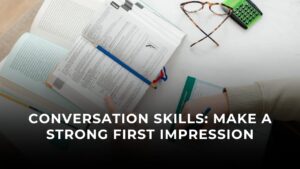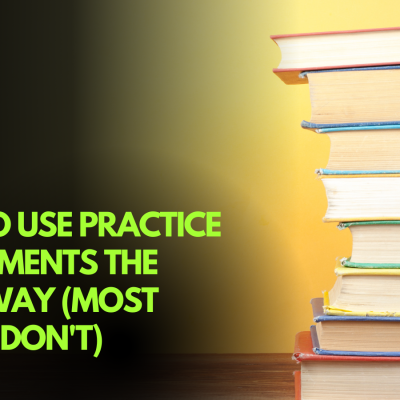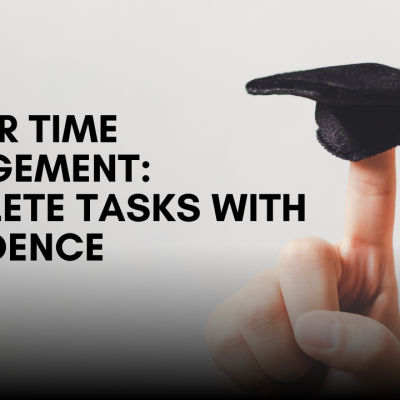Conversations often start with simple questions about yourself: your background, hometown, interests, work, or daily routine. Sounds straightforward, right? But many people still struggle in these situations. They give short, awkward answers. They hesitate. They sound rehearsed—or worse, they go completely blank. Here’s the truth: initial conversations are your best chance to connect with confidence, fluency, and natural communication. Let’s explore how to speak engagingly right from the first question.

What Makes a Great Conversationalist?
Simple questions reveal a lot about your communication skills:
- Your fluency: Do you speak smoothly without awkward pauses?
- Your coherence: Do you organize your thoughts clearly?
- Your vocabulary: Do you use varied and natural expressions?
- Your delivery: Are you clear and easy to understand?
It’s not about perfection. It’s about sounding relaxed, confident, and genuinely engaged in the conversation.
Why People Struggle in Conversations?
Here are some common challenges:
- Giving one-word or overly brief responses
- Using clichéd phrases that sound scripted
- Speaking too quickly due to nervousness
- Pausing frequently while searching for words
- Giving responses that don’t quite answer the question
These habits can make conversations feel stilted and prevent genuine connections from forming.
A Simple Strategy for Better Conversations:
Here’s a framework to help you sound natural and engaging, even when you’re nervous.
The “3S” Technique: Short – Support – Stretch
Structure every response using this format:
- Short answer – Give a direct, clear response
- Support it – Add a reason, explanation, or context
- Stretch it – Include a personal example, story, or additional detail
Example: Q: Do you enjoy cooking?
A: Yes, I do. (Short) Because it helps me unwind after busy days. (Support) Last weekend, I experimented with a new Thai recipe—it turned out surprisingly well and my family loved it! (Stretch)
This approach keeps you talking naturally while providing interesting, relevant information that keeps the conversation flowing.
Vocabulary That Connects:
Elevate your conversational language with more expressive alternatives:
| Basic | More Engaging |
| Good | Enjoyable / Pleasant / Rewarding |
| Like | Be fond of / Be passionate about / Really enjoy |
| Relaxing | Calming / Therapeutic / Peaceful |
| A lot | Quite a bit / A great deal / Considerably |
| Fun | Entertaining / Engaging / Delightful |
Building Conversation Confidence
Developing strong conversational skills takes practice, but the results are worth it:
- Active listening: Pay attention to what others say and build on their comments
- Personal anecdotes: Share relevant stories that illustrate your points
- Follow-up questions: Show genuine interest in the other person
- Natural transitions: Connect your ideas smoothly to keep conversations flowing
The goal isn’t to impress with complex vocabulary or perfect grammar—it’s to communicate authentically and create meaningful connections.
From Awkward to Engaging
Great conversationalists aren’t born; they develop their skills through practice and awareness. Whether you’re at networking events, social gatherings, job interviews, or meeting new people, these techniques help you communicate with greater confidence and authenticity.
Remember: Every conversation is an opportunity to practice these skills. The more you apply these strategies, the more natural and effortless your communication becomes.







